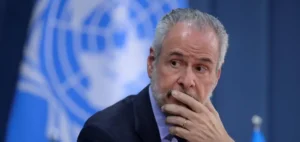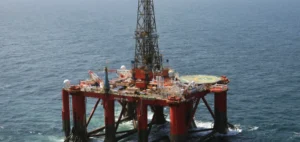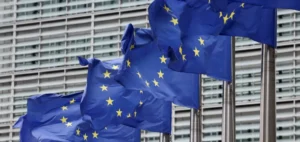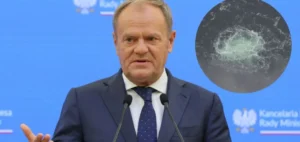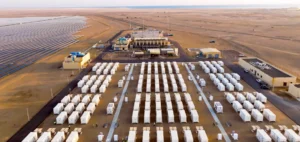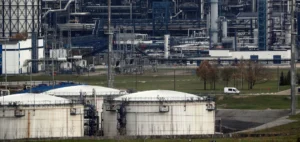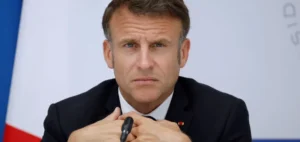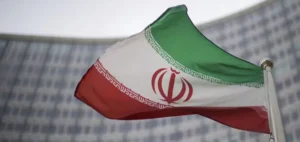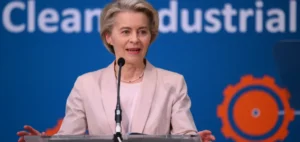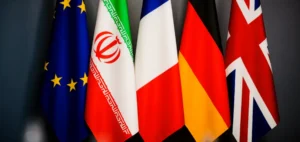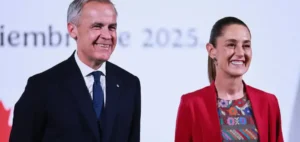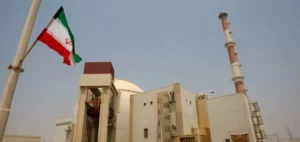It is “stupid and absurd” to suspect Russia of being behind the massive leaks detected after explosions hit the Nord Stream gas pipelines, the Kremlin said Wednesday, while Europeans denounced “sabotage”.
“It was quite predictable” that some would blame Russia, Kremlin spokesman Dmitry Peskov told reporters. “Predictable, stupid and absurd,” he added.
These leaks affecting Nord Stream 1 and 2 are “problematic for us, because the two tubes are filled with (Russian) gas ready to be pumped, and this gas is very expensive. Now this gas is escaping,” he said.
Both infrastructures were damaged by underwater explosions off a Danish island in the Baltic Sea, causing extensive boiling.
Out of service because of the war in Ukraine, these pipelines, which connect Russia to Germany, still contained gas.
The European Union promised the “strongest response” to this “sabotage” and the Danish government called the explosions “deliberate acts”.
While they did not name the person responsible, Ukraine claimed that these leaks were the result of a “planned terrorist attack” by Russia against European countries.
Mr. Peskov called “everyone to think before expressing themselves, to wait for the results of inspections to find out if it is an explosion or not.
“This situation requires dialogue, rapid interaction between all parties to find out what happened. For now, we see a total lack of dialogue,” he added.
These leaks make the prospect of a resumption of gas deliveries to Europe via Nord Stream 1, which were interrupted at the beginning of September in the context of the tensions surrounding the Russian offensive in Ukraine, more remote.
Russia has closed the valves, citing technical problems, but the Europeans, who are heavily dependent on Russian gas for heating this winter, accuse Moscow of using the deliveries as a means of pressure.









